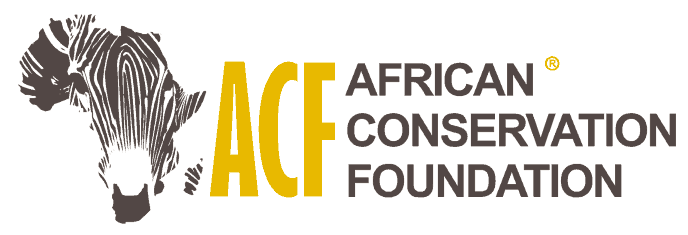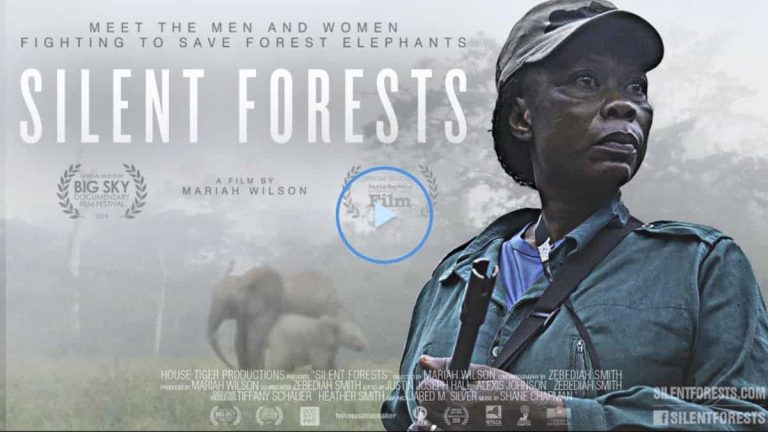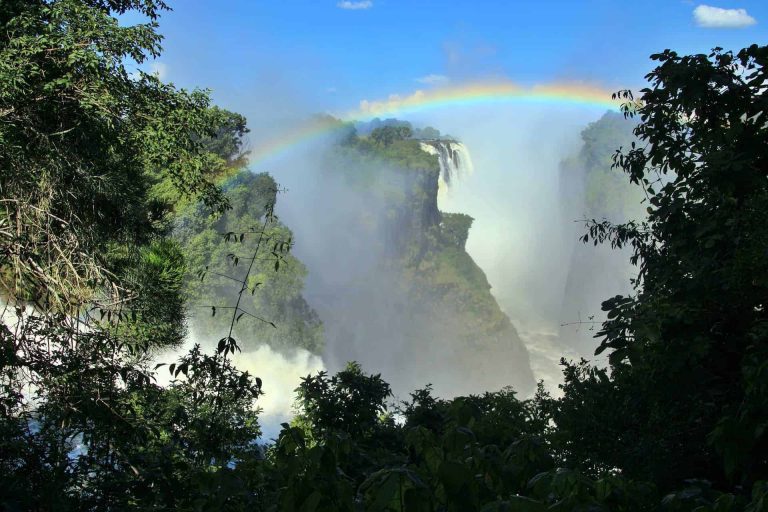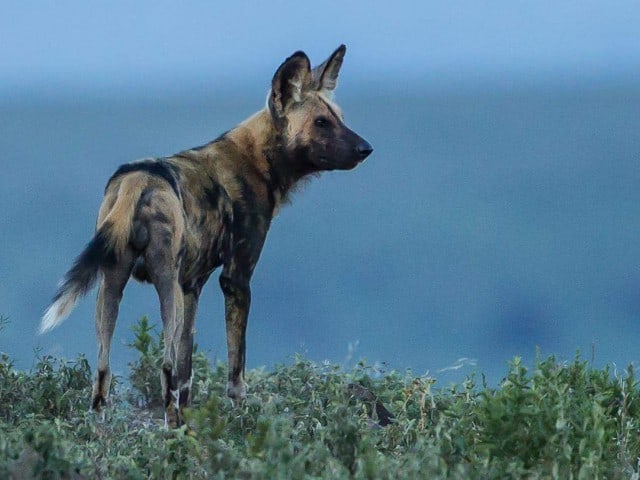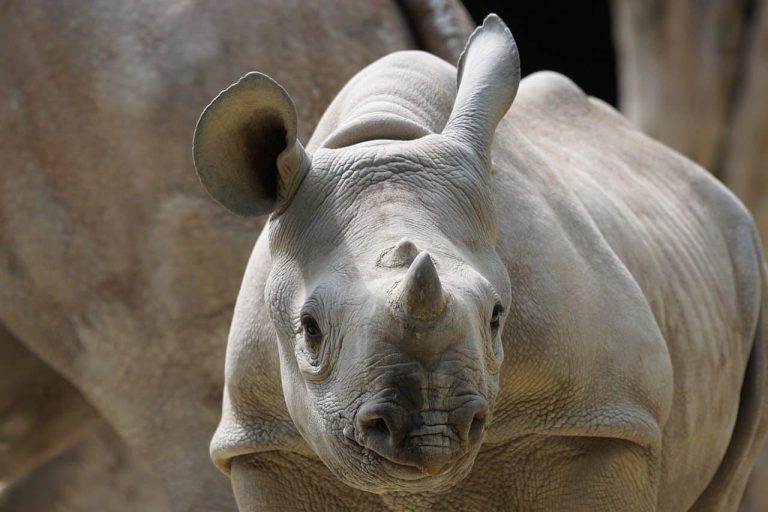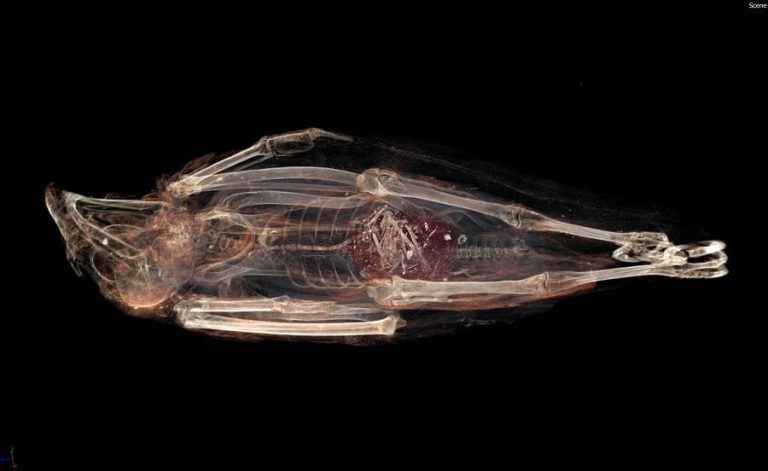Malawi: Mzuzu Ivory Sentencing a Disappointment
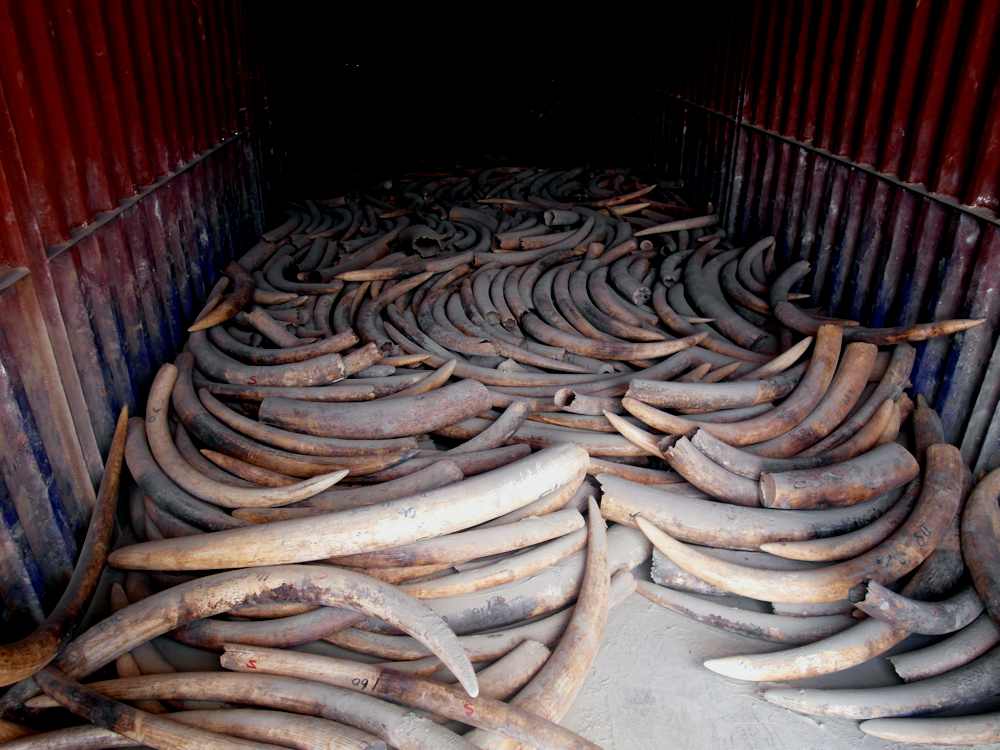
Last Tuesday two brothers were fined MK2.5 million ($5,500) each for trafficking 2.6 tonnes of ivory by the High Court of Malawi. Patrick and Chancy Kaunda pleaded guilty to charges of ivory trafficking and money laundering and chose to pay the fine instead of serving the 7 year jail term.
‘To say we were disappointed with the sentence would be an understatement.’ said Hon Werani Chilenga, MP, the Chair of both the Natural Resource Committee and the newly formed Malawi Parliamentary Conservation Caucus (MPCC). Chilenga chose the launch of the MPCC, which was presided over by H.E. Prof. Arthur Peter Mutharika, President of the Republic of Malawi, to highlight the case and the need to take a tough stance on wildlife criminals, in particular to bring sentencing into line with that of other African countries.
Malawi a soft target
In his speech Hon. Chilenga compared the judgements of trafficking cases from other African countries from last year to illustrate the gap. “In Zambia, a man receives 5 years in prison for 12.5kg of ivory, in South Africa 10 years and a $392,000 fine for 1 tonne, and in Kenya, $233,000 for a single tusk weighing 3.4kg,” he said. “Compare those to our recent sentencing and it is clear why Malawi is seen as a soft target for wildlife criminals.”
Brighton Kumchedwa, Director of Parks & Wildlife (DNPW), added, “The fine is the highest in the history of wildlife in Malawi. However we are aware that this is not commensurate with the sentencing of other countries, and with this in mind we look forward to the imminent review of the wildlife act and associated legislation.”
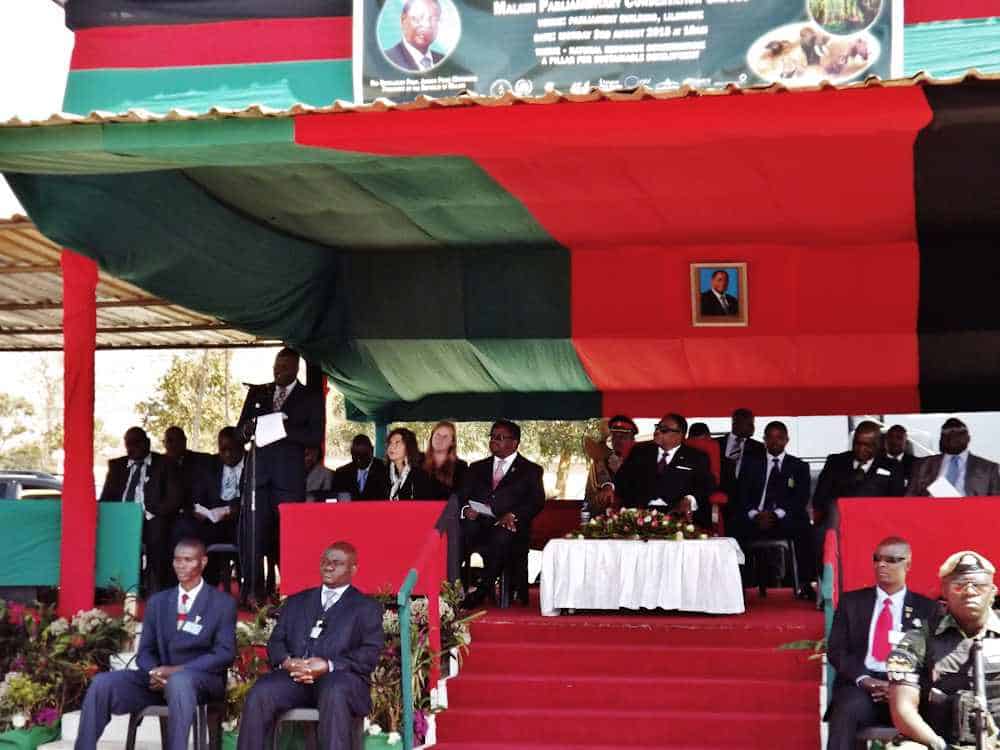
Jonathan Vaughan, Director of Lilongwe Wildlife Trust, who also sat on the organising committee for the launch of the MPCC, said, “We welcome the tough talk on combatting wildlife crime from all of the speakers. We are looking forward to working together with the MPCC to keep wildlife conservation issues on the agenda, and to seeing the highest of political wills we have heard today further translate into collaboration and action.”
Serious crimes
His Excellency, President Mutharika, gave a rousing speech in which he highlighted the pressing need to formulate legislation that elevated the appropriate wildlife and environmental crimes to the level of serious crimes. He also pledged his full support to ensuring the caucus succeeded and in particular thanked the International Conservation Caucus Foundation (ICCF) for their instrumental role in establishing the MPCC .
The ICCF Group first set up the International Conservation Caucus (ICC) in the US in 2003. It is now the largest and the most bi-partisan collaboration in the US Congress. ICCF have since facilitated the formation of a number of caucuses around the world with successes in Kenya, Zambia, Tanzania, Namibia and Uganda. Similarly, the Malawi Parliamentary Conservation Caucus is a coalition of MPs, open to participation from all committees and all parties to encourage diversity in terms of perspectives, opinions and knowledge. The caucus will provide a forum for its members to engage with a collaboration of stakeholders from other government agencies, the business community, NGO’s and development institutions for the purpose of developing a deeper understanding of the conservation challenges facing Malawi, and to pursue collaborative natural resource management actions.
In her speech, Susan Lyllis, Vice President of ICCF, said, “It is truly rare and commendable when the leader of a country makes a commitment of this magnitude to protect the natural resources of its nation for its citizens and future generations and then follows through with immediate action.”
Following the launch, a roundtable meeting was facilitated by ICCF with MPs from the MPCC, government department heads, and other stakeholders including African Parks, CEPA, CURE, Lilongwe Wildlife Trust and UNDP. Again, the Mzuzu ivory case was discussed as an example of why legislation and judiciary training needed to be prioritised. The MPCC pledged to help the Departments of Wildlife, Environmental Affairs and Forestry to ensure their associated proposed bills and revised acts were pushed forward to give authorities the powers to act appropriately with regard to serious wildlife and environment crimes.
